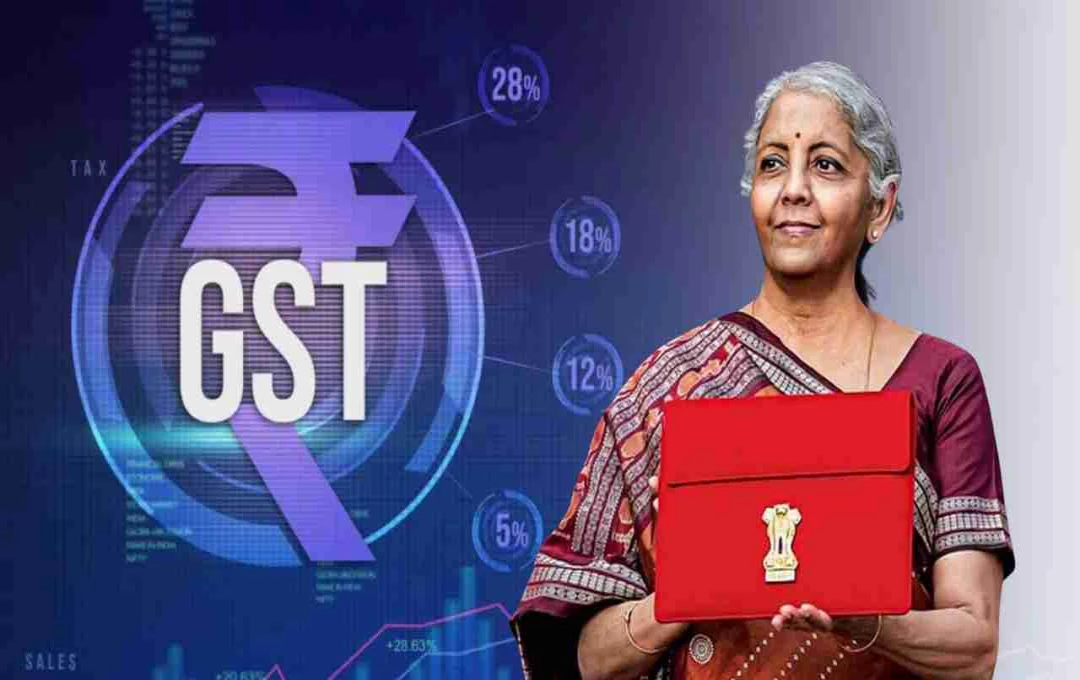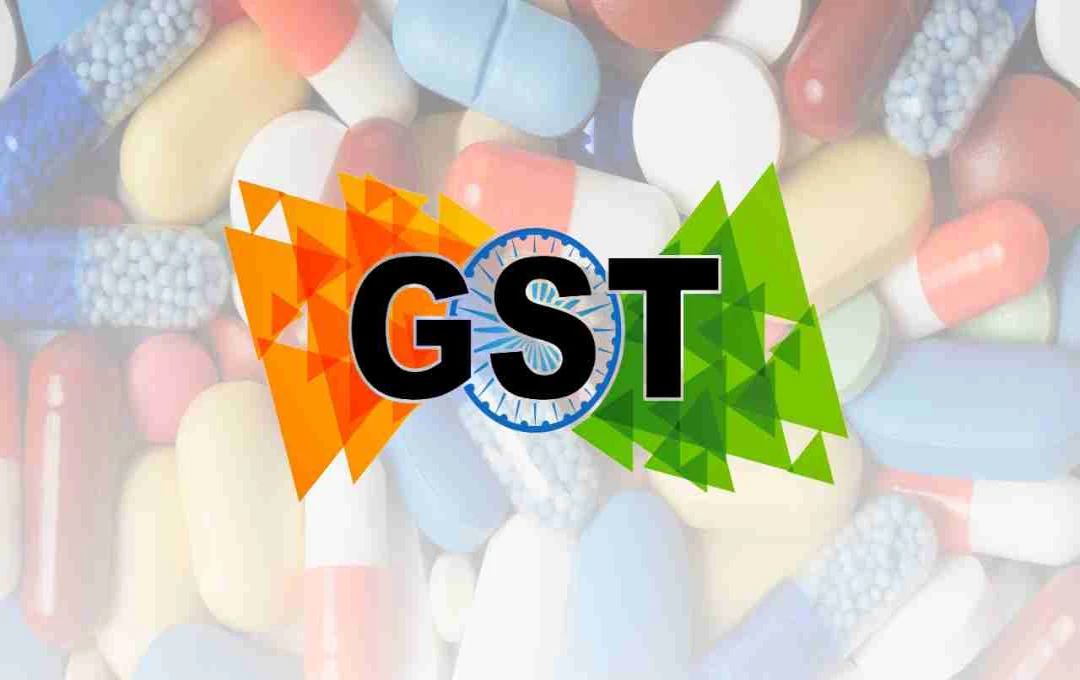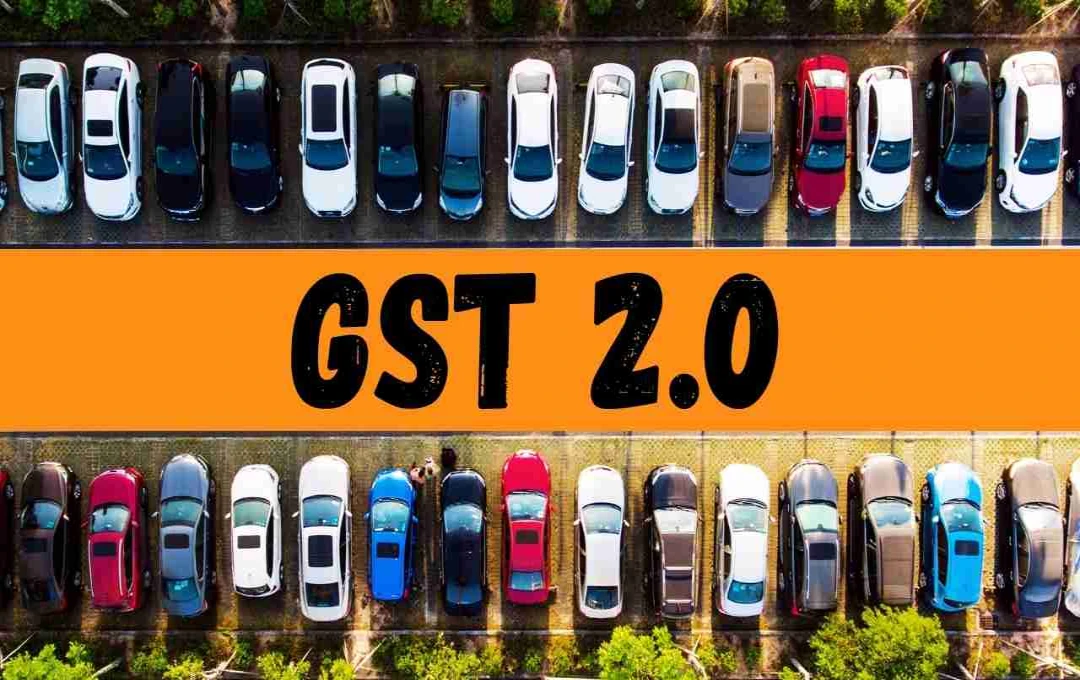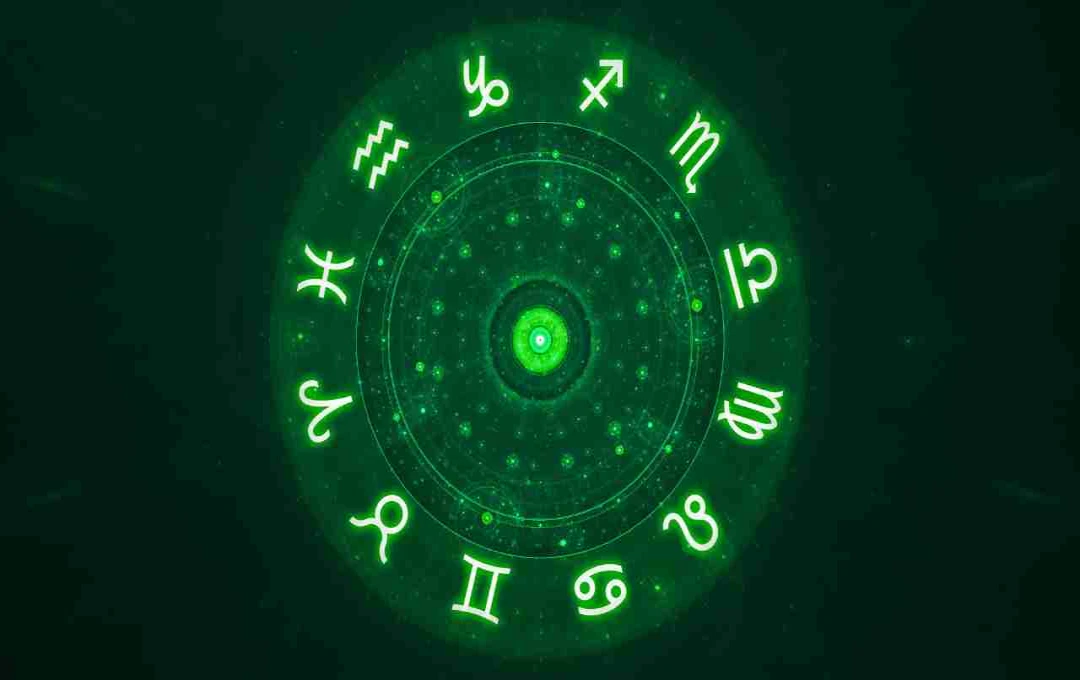In the 56th meeting of the GST Council, the 12% and 28% slabs have been abolished, leaving only the 5% and 18% slabs. This will make medicines, education, fertilizers, milk, shoes, clothes, daily necessities, and electric vehicles cheaper. Conversely, coal, pan masala, cigarettes, luxury goods, and sweetened beverages will become more expensive. The new rates will be effective from September 22.
GST Council Meeting: A significant change was made to the country's tax system in the 56th meeting of the GST Council held in New Delhi on September 3. In the meeting chaired by Union Finance Minister Nirmala Sitharaman, a decision was taken to abolish the 12% and 28% slabs and retain only the 5% and 18% slabs. Consequently, education, health, fertilizers, food, and consumer goods will become cheaper, while coal, luxury products, pan masala, cigarettes, and sweetened beverages will become more expensive. The new rates will be effective from September 22.
Relief on Education and Health
The government has taken a major decision to make services and goods related to education and health cheaper. GST on life-saving medicines and medical equipment has been reduced to 5 percent or zero. Earlier, these attracted taxes up to 12 or 18 percent. Similarly, books, educational materials, and learning aids have now been placed in the 5 percent or zero tax slab.
Good News for Farmers

Tax cuts have been implemented on goods related to the agricultural sector. Fertilizers will now attract only 5 percent tax, whereas earlier it was 12 or 18 percent. GST on seeds and crop nutrients has also been reduced to 5 percent. This will lower farming costs and directly benefit farmers.
Food and Drink Items to Become Cheaper
Milk products like UHT milk have now become completely tax-free. GST on butter, ghee, paneer, and cheese has been reduced to 5 percent. Packaged food products such as biscuits, pasta, cornflakes, chocolates, and cocoa products will now attract only 5 percent GST.
Tax on dry fruits and nuts like cashews, almonds, pistachios, and dates has been reduced from 12 percent to 5 percent. Confectionery products like sweets, toffees, and candies will also become cheaper. Tax on vegetable oil, meat products, fish products, and namkeen has also been reduced to 5 percent.
Water and Beverages
Natural mineral water and aerated water (without sugar or flavor) will now attract only 5 percent GST instead of 18 percent. This means that packaged water and some drinks will become cheaper than before.
Clothes and Shoes to Become Cheaper
Earlier, 12 percent GST was levied on clothes and shoes, but it has now been reduced to 5 percent. This will make fashion and lifestyle products more accessible to the common people.
Electronics and Vehicles
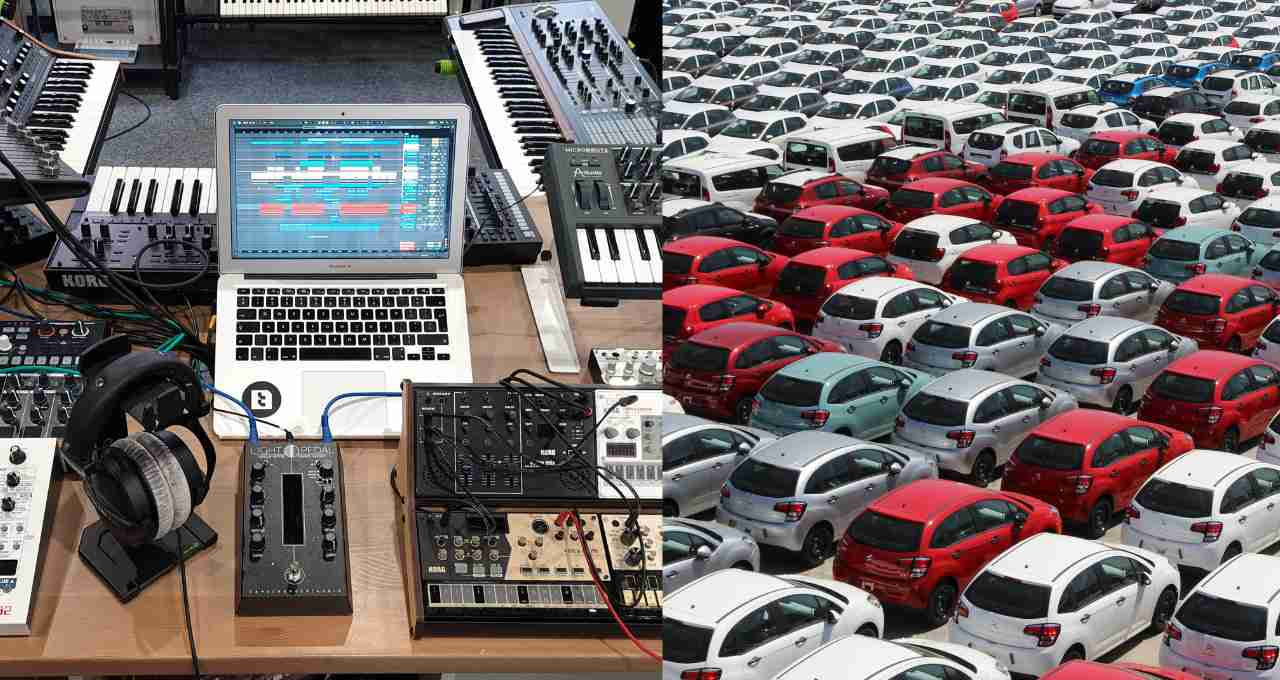
GST on daily use electronic devices has been reduced from 28 percent to 18 percent. Small cars, hybrid vehicles, three-wheeler vehicles, and certain categories of diesel-petrol cars have also now come under the 18 percent tax slab.
Electric and hydrogen cars will now attract only 5 percent tax. Tax on tractors has also been reduced from 12 percent to 5 percent. This is expected to boost sales in the automobile sector.
Other Goods to Become Affordable
Renewable energy products, construction materials, sports goods, toys, and handicrafts will also now attract only 5 percent tax. This will boost business in these sectors and benefit consumers.
What Will Become More Expensive
However, relief has not been provided for all items. Coal earlier attracted 5 percent tax, but it has now increased to 18 percent. This will affect power generation and coal-based industries.
High taxes and compensation cess will continue to apply to pan masala, gutkha, cigarettes, and other tobacco products as before. Their valuation will now be based on the retail sale price instead of the transaction value. This will further increase their prices.
Beverages containing sugar, flavors, or sweeteners will see their tax increased from 28 percent to 40 percent. Luxury goods such as premium alcohol, cigarettes, and high-end cars will continue to attract a 40 percent tax.
Changes have also been made in the restaurant sector. Restaurants operating in certain specified locations will now pay 18 percent GST but will not be able to avail input tax credit. Additionally, new valuation rules will apply to lotteries and intermediary services, which may increase the tax burden.
